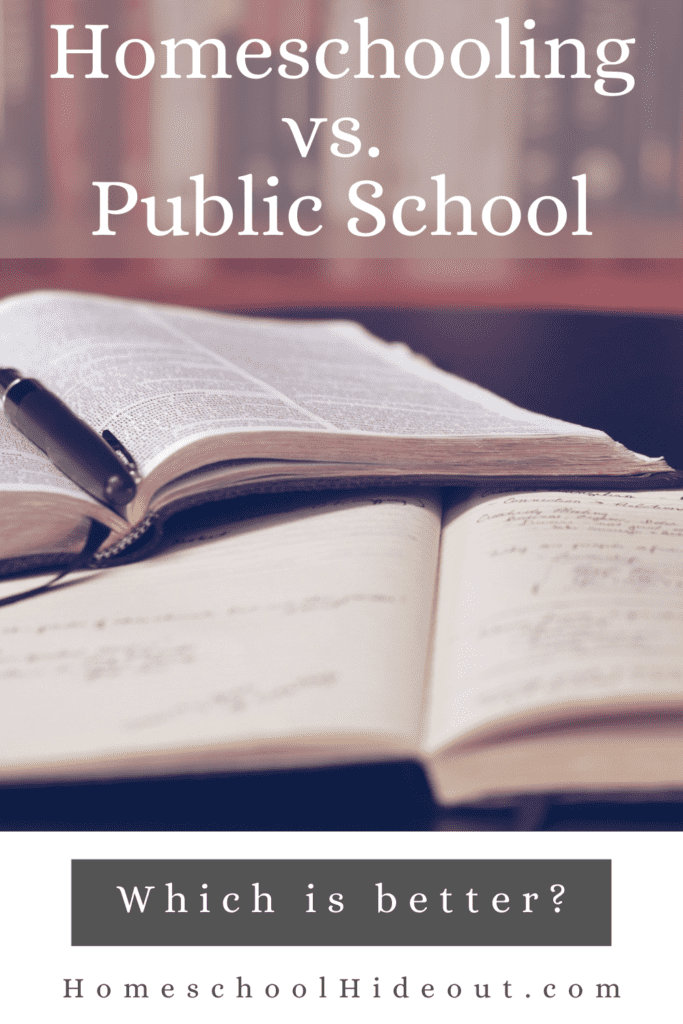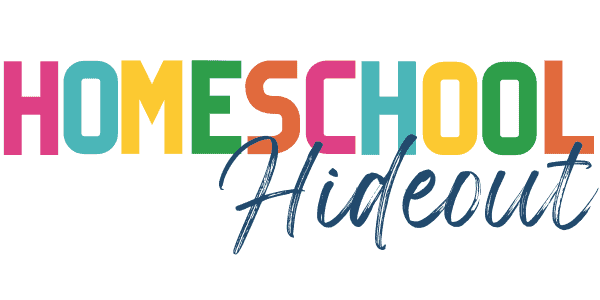Homeschooling vs. Public Schooling
Those in favor of conventional schools have always had a bone to pick with homeschooling socialization. They feel parents subjecting their kids to this style are denying them the opportunity to find themselves amongst their peers. Homeschoolers, on their hand, see no problem in what they do. Many actually see it as a way to give their children the best care and attention, and they have been proven correct through academic excellence. The bigger question is on social development. Are homeschooled kids getting a raw deal?
Homeschooling Vs. Public Schooling
Does One Group Struggle More Than The Other?
Just like regular students, homeschoolers have to do assignments based on scholarly research. While regulars have the ideal environment to study at school – libraries and other quiet places, homeschoolers have to find free essay samples to use for a research paper online all by themselves. They also have to ensure that each free essay sample meets the requirements of their studies. This requires them to be extra vigilant. While it might seem like a disadvantage, it actually makes them more independent. They gain skills that the regulars may only get after joining high school or college.
Homeschooling parents are guided by the same study material that guides teachers at conventional schools because the plan is for both types of students to meet in the middle. The only difference should be in the way knowledge is dispensed and not the knowledge itself. That means they cover the same topics and syllabuses.
Effects of Homeschooling on Child Development
Studies have shown that homeschooled students perform just as well or even better than those who went to conventional schools. Results published in a book – Strengths of Their Own – Home Schoolers Across America: Academic Achievement, Family Characteristics, and Longitudinal Traits – showed students to do better when they were homeschooled, and the performance was on all tested academic areas. This could be because they get the attention of tutors on a one-to-one level. Public schoolers share each facility in a school setting. The database is open to public scrutiny. The test results are available for anyone who wants to verify these findings. There are also published free essay samples that explain why this group is likely to perform better.
Now, it behooves those who conduct these studies to conduct some variables that inform these findings. First, the tests done by home-schooled children are not always standardized. Secondly, they may not be in the same strict enclosures as their conventional schooled counterparts when doing these tests. If one gets the chance to refer to their books and other materials during an exam, they are bound to perform better.
Why Are Homeschoolers Socially Awkward?
While homeschoolers mainly excel academically, they are seen by many as a little socially awkward compared to conventional schoolers. They are friendly to people their age or different. They are more likely to expect kindness, and even enjoy hanging out with their families, even when they are teenagers. This behavior is considered awkward in a society that is used to seeing teenagers a little more aggressive and unfriendly. Does that make them socially awkward? Well, it depends on whom you ask. No studies are showing them to be poorly adjusted. However, one could say they may have a hard time socializing with kids their age sometimes. They are exposed to different role models and are not likely to pick up bad habits from their mates.
Is one Better than the Other?
The COVID-19 pandemic forced parents and caregivers to rethink the conventional school method. It was strictly borne out of necessity and desperation. Many may not be convinced to make it their go-to style. They believe it limits a young mind’s social development. Studies have shown homeschoolers to have high grades and overall academic leadership. Not much is available on whether this style interferes with social development. A paper, Social Skills Rating System (Gresham & Elliott, 1990), tested homeschoolers on cooperation, assertiveness, responsibility, self-control, problem behaviors, and at the end, a total social skills score. They scored better than conventional schoolers in all areas apart from self-control and the overall social test, where they performed slightly lower.
When it comes to homeschooling vs. public schooling, it’s really a matter of preference. Both have their own pros and cons to consider.







